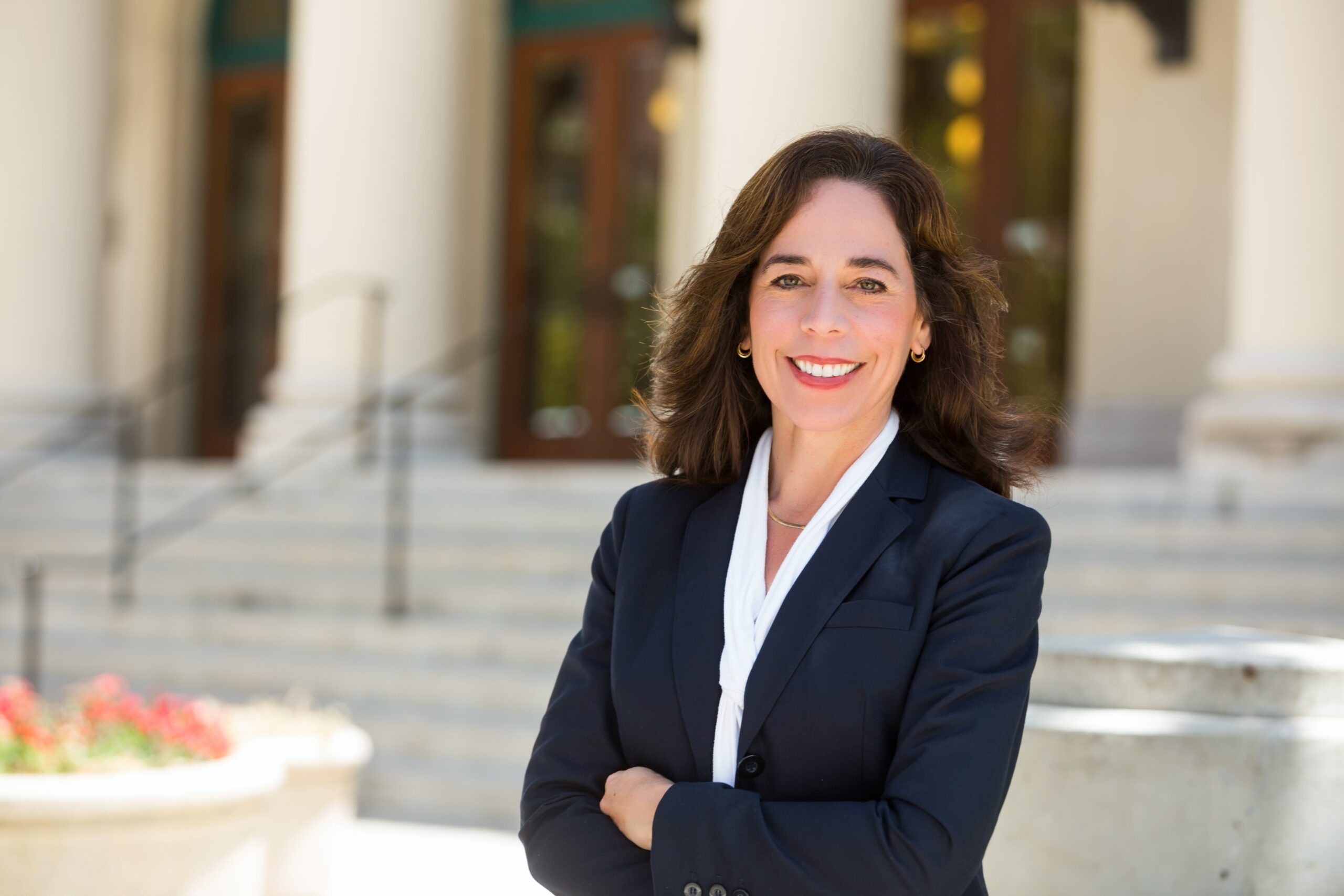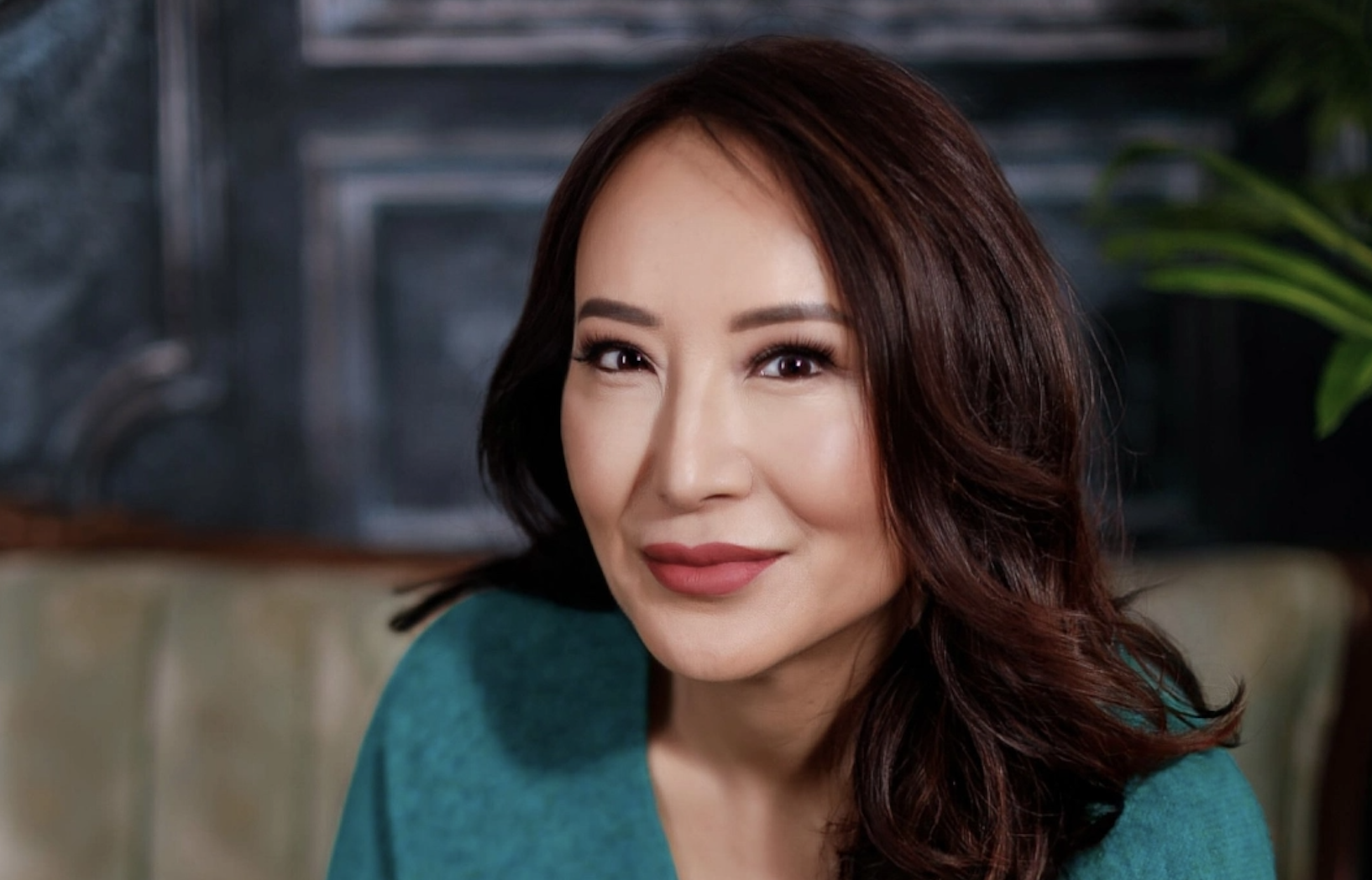
While the US continues to see discrimination toward the transgender community from conservative groups and politicians, most notably in Donald Trump’s recent transgender military ban as well as the continual focus on “bathroom bills”, other countries are surpassing us in the effort to increase equal rights for transgender people.
Pakistan has recently introduced some very progressive measures that will ensure the trans community have access to equal rights as the rest of society. The National Assembly proposed 2 bills in particular which include amendments to the Pakistan Penal Code (PPC) and Code of Criminal Procedure (CrPC), as well as the Transgender Persons (Protection of Rights) Bill 2017.
Included in the measures are some basic rights which many other groups in society have never experienced discrimination around. There are increased penalties for offenses against transgender individuals, and also makes it illegal for them to be denied housing, access to educational institutions, and property inheritance.
The definition of transgender is also a key aspect of the measures, according to Dawn.com, which states “any person whose gender identity and/or gender expression differs from the society norms and cultural expectations based on the sex they were assigned at the time of their birth.”

Transgender Persons (Protection of Rights) Bill will reinforce trans rights including officially recognizing a person’s gender identity the way they want it recognized. The bill also calls for anti-discrimination and harassment laws. The protection Bill will also seek to rectify laws that prohibit trans people basic rights such; holding public office and voting rights.
Previous to this news, the only other legal protections for the community came from a 2011 Supreme Court ruling which stated national ID cards and passports should include a third gender column for transgender individuals. In January 2017, a high court also ordered the government to include transgender people in the national census, according to Gaystarnews.com.
Reuters reports that the first transgender person to receive a new passport was trans activist Farzana Jan, president of the charity Trans Action Pakistan, who had an X marked next to their name instead of having to only choose from the M or F classifications.
On paper, the trans community has more rights in Pakistan than a number of other countries, although the threat of violence and stigma in society is still very real. However, it should be noted that homosexuality and same-sex marriage is still illegal in the country.

In the US, the battle for same-sex marriage may have been settled by a Supreme Court case in 2015, but the heavy influence of conservative religious groups and politicians aren’t happy with the ruling and still try to find ways to deny equal rights and protections to the LGBTQ community. By comparison, religious leaders in Pakistan in 2016 issued a rather progressive statement on the LGBTQ community, although not far-reaching or inclusive enough (yet).
As the LA Times reports, 50 Islamic clerics issued a decree stating transgender people can marry under Islamic law (which means it is not a legally-binding decree, only a religious one) as long as they don’t show “visible” signs of being male and female.
The clerics believe trans people should not be denied their rightful inheritance, and claimed it is a sin to discriminate or tease them. The two page decree also included a stipulation saying that the rituals for transgender person’s funeral would be the same as that of a male or female Muslim.
At the time of the religious decree, the aforementioned activist Farzana Jan did praise the move, but with some hesitation.

“This decree is not legally binding and will hardly make a difference. But we are happy that somebody talked about us, too. The real issue is the marriage of the transgender person carrying ‘visible signs of both genders,’ and the decree disapproving of [same-sex] marriage. There have been decrees in favor of transgender people for centuries, but torture and humiliation have not been ended. We want the state to treat us normal citizens,” she said.
Similar to what we see here in the US, the Pakistani transgender community also experiences higher rates of violence and harassment. At least 46 transgender people had been killed and 300 were raped or tortured in Khyber Pakhtunkhwa province in the past two years. Zia Naqshbandi, the head of the religious coalition who issued the decree said they decided to do this because of increased reports of violence, yet activists say some trans people are still fearful of reporting violence.
“The police in the province have registered cases of not more than 22 murders of the transgender in the province, while rape and torture cases are hardly reported,” said Qamar Nasim who also works with Trans Action. He too was skeptical that the religious decree would make meaningful change for the trans community.
It is important we see all aspects of society embracing and working to ensure equal rights for the transgender community, and we applaud what is happening in Pakistan. These progressive measures and rights must extend to the gay and lesbian community, and we hope with continual activism and awareness, this will happen.


















One thought on “Pakistan Introduces New Legislation Increasing Rights & Protections For Transgender People”